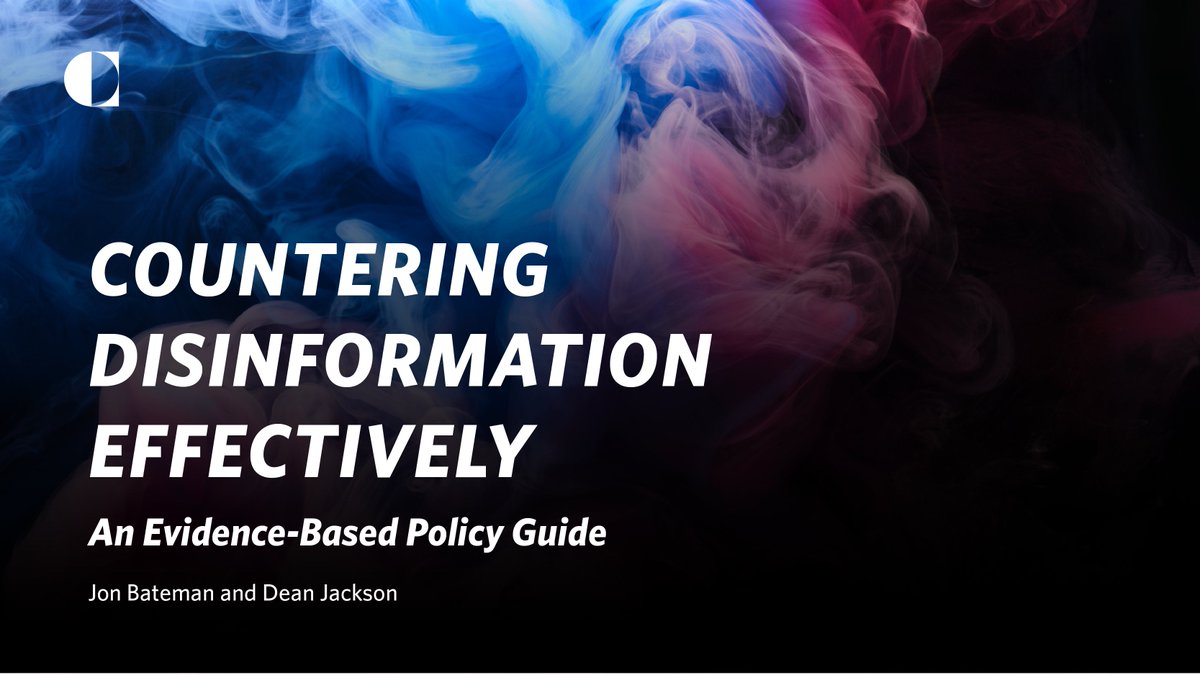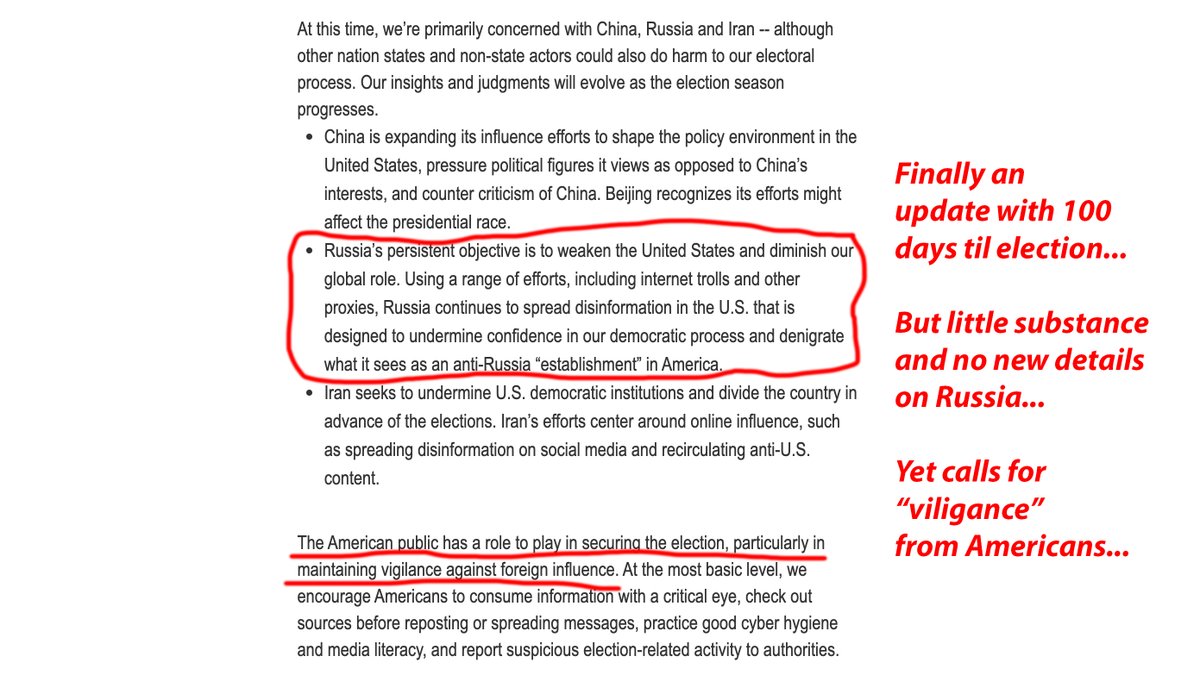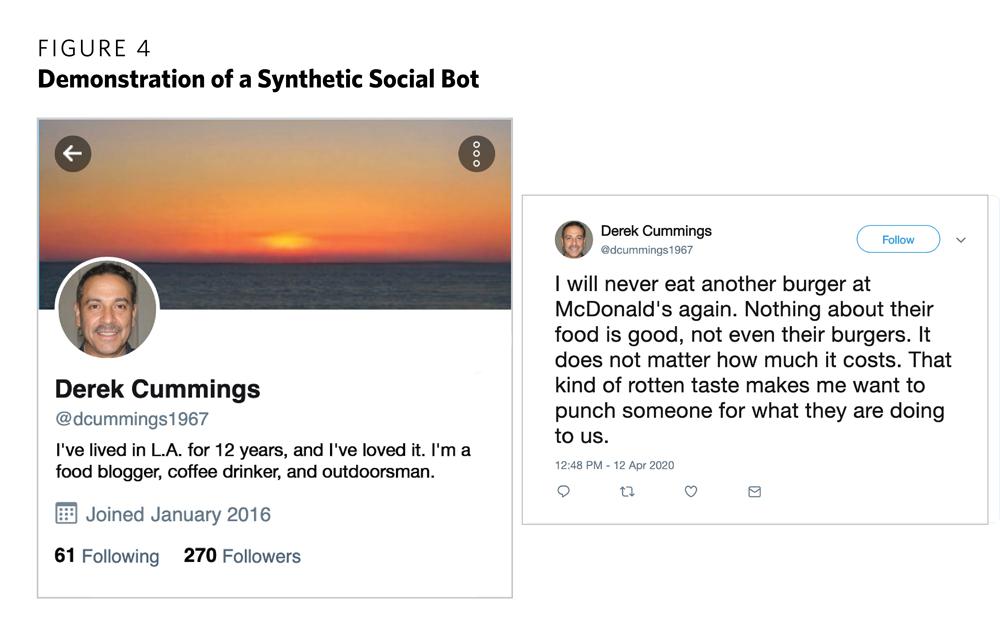
How to get URL link on X (Twitter) App


 Our aim was to synthesize as much empirical data as possible on what “works” against disinformation, translated into practical policy language.
Our aim was to synthesize as much empirical data as possible on what “works” against disinformation, translated into practical policy language.

https://twitter.com/CNASdc/status/15856282855260692492/ On strategic purpose: “This is not about the economic destruction of China... We’re not looking at a decoupling, that’s not where our focus is.” Solely about “national security.”

https://twitter.com/RyanFedasiuk/status/1536739933842460672First, there's the fear that U.S. investments in and/or offshoring to China can increase U.S. *dependence* on Beijing, and therefore might enable Chinese coercion, sabotage, espionage, or influence.

https://twitter.com/Dimi/status/1521811914656993280First, some background. Hikvision is a large, publicly-traded Chinese video surveillance equipment manufacturer with major a global presence and international sales to many governments and private companies (including in the U.S.).
https://twitter.com/Dimi/status/1521857409756635137


https://twitter.com/CarnegieEndow/status/1303687101431468037

https://twitter.com/maurertim/status/1291851053495775232First let’s talk about what “right” looks like. Last month I called on the IC to release *actionable intelligence* on foreign influence—trustworthy, real-time info to inform voters of the main threat actors and their agendas & narratives. 2/
https://twitter.com/JonKBateman/status/1287772712669196289









https://twitter.com/asebenius/status/1221870818227081216Advantages of cyber-outsourcing:
https://twitter.com/sam_vinograd/status/1216158353057046530Some questions. First—Was there any legal analysis of whether cyberattacks “to partly disable Iran’s oil and gas sector” would violate International Humanitarian law against attacking civilian objects? 2/ @oonahathaway @Schmitt_ILaw

https://twitter.com/Joseph_Marks_/status/1214525315453730816Another major episode of election interference could be spirit-shattering, particularly in a close election where the balance could be seen as tipped. Americans' self-confidence in our own political system is already at a modern nadir. 2/6


https://twitter.com/Joseph_Marks_/status/12076451134737367042. Russia's cyber-enabled 2016 election interference and the ensuing investigations dominated American politics for almost 3 years.

https://twitter.com/Joseph_Marks_/status/1199668639525482496The 2014 Sony hack was an early warning that American political discourse itself will be attacked in cyberspace—not just our banks and power plants. Heeding this warning might have helped mentally prepared us to face Russia’s far more serious actions in 2016.
